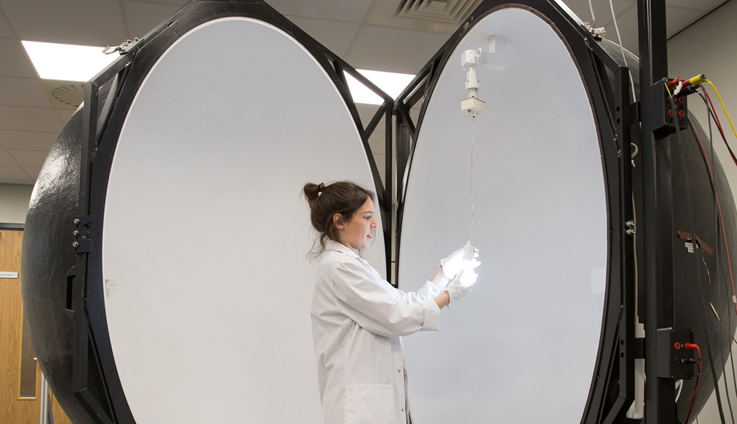Time running out to comment on 120lm/W rule, industry warned

Lighting manufacturers and specifiers are being warned that time is running out to comment on the UK Government’s proposed minimum efficacy requirements for light sources.
The Department for Business, Energy and Industrial Strategy is proposing a minimum energy performance standard (MEPS) for light sources and lamps of 120 lm/W in 2023 and 140 lm/W in 2027, levels that will ensure UK markets are 100 per cent LED by 2025.
It published the draft proposal to update the lighting efficacy standards of the Energy-related Products Policy Framework back in November 2021, and its measures are set to take effect this November.
Industry bodies have already commented and consulted on the proposals but the wider sector is being warned that if wants to influence the legislation it must comment by Tuesday 4 April 2023.
There are modest concessions for mains voltage light sources, directional light sources, ‘connected’ light sources, light sources with a Colour Rendering Index greater than 93, light sources with a correlated colour temperature of under 2000K, and light sources with an output of less than 400 lm. However, industry observers estimate that a large proportion of lamps currently on the market fail to exceed to 120 lm/W and will effectively be banned come the autumn.
The rules also apply to light sources such as LED modules embedded in luminaires, but the concessions are not applicable.
The ‘BEIS MEPS’ – as the proposals are known in the industry – are also questioned by the Lighting Industry Association, who want them restricted to A-class and possibly GU10 lamps. The association also wants changes to the energy labelling requirements.
Amongst those opposing the legislation is Stoane Lighting, who considers the proposal ‘detrimental’ to the industry: ‘It places an unreasonable efficacy expectation on LED light sources. An unacceptable number of very high quality, high CRI, low CCT, small diameter COBs in particular would be lost. Impacted will be innovation in areas including lighting for human health and reducing the impact of lighting in nature such as dark skies.’
Since 2010 the average efficacy of LEDs has improved by around 7 lm/W each year. The best-in-class lamps and modules now achieve over 200 lm/W.
Around 90 countries around the world now use minimum energy performance standards (MEPS) to drive efficiency and prohibit low-efficacy products from the market.
Almost 80 per cent of the world’s lighting energy consumption is now covered by such standards. This figure is over 90 per cent in the markets of Europe, the United States and China.
• Download the draft regulation HERE
• Remanufacturing Lighting is the subject of a special one-day conference organised by Recolight and taking place on Thursday 27 April 2023 at the Coin Street Conference Centre in London. This CPD-approved event will give you the tools, insights and contacts make a success of luminaire reconditioning and reuse. You’ll learn how to sell the concept of reconditioned lights, develop best practice policies, comply with the standards, set up a testing regime for reused luminaires and remanufacture fittings at scale. The gathering will also give you inspiration from real world projects which prove that remanufacturing can be a success everyone. You’ll also meet key players in the remanufacturing industry network with specifiers with the power to get your products into projects. See more HERE.


